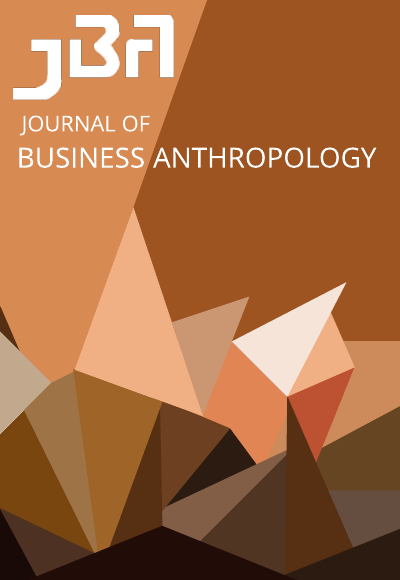What’s the Matter with Jarrettsville? Genre Classification as an Opportunistic Construct
DOI:
https://doi.org/10.22439/jba.v10i1.6324Abstract
The study of genre classifications within creative industries typically orients toward the maintenance of order within organizational and institutional contexts. This study takes up the case of Jarrettsville, a work of fiction published in the United States in Fall 2009 to highlight prevalent disorders and debates in the development of a work of fiction. What looks like a clear and ordered process of genre assignment after-the-fact may actually contain a wealth of negotiations, strategic practices, and decisions to be made. In short, the assignment of genres can be conflicted, debated and opportunistic. As a work of culture is transmuted into a piece of commerce, cultural workers must navigate the interplay between text and context, and sometimes with competing agendas. When texts don’t fit a preferred context, the text itself may change. And when the context of the texts’ fabrication as a piece of commerce does not fit the text, contexts must be mediated as well.
This case study highlights these processes in action.
Downloads
Published
Issue
Section
License
Authors who publish with this journal agree to the following terms:
- Authors retain copyright and grant the journal right of first publication with the work simultaneously licensed under a Creative Commons Attribution License that allows others to share the work with an acknowledgement of the work's authorship and initial publication in this journal.
- Authors are able to enter into separate, additional contractual arrangements for the non-exclusive distribution of the journal's published version of the work (e.g., post it to an institutional repository or publish it in a book), with an acknowledgement of its initial publication in this journal.
- Authors are permitted and encouraged to post their work online (e.g., in institutional repositories or on their website) prior to and during the submission process, as it can lead to productive exchanges, as well as earlier and greater citation of published work (See The Effect of Open Access).



